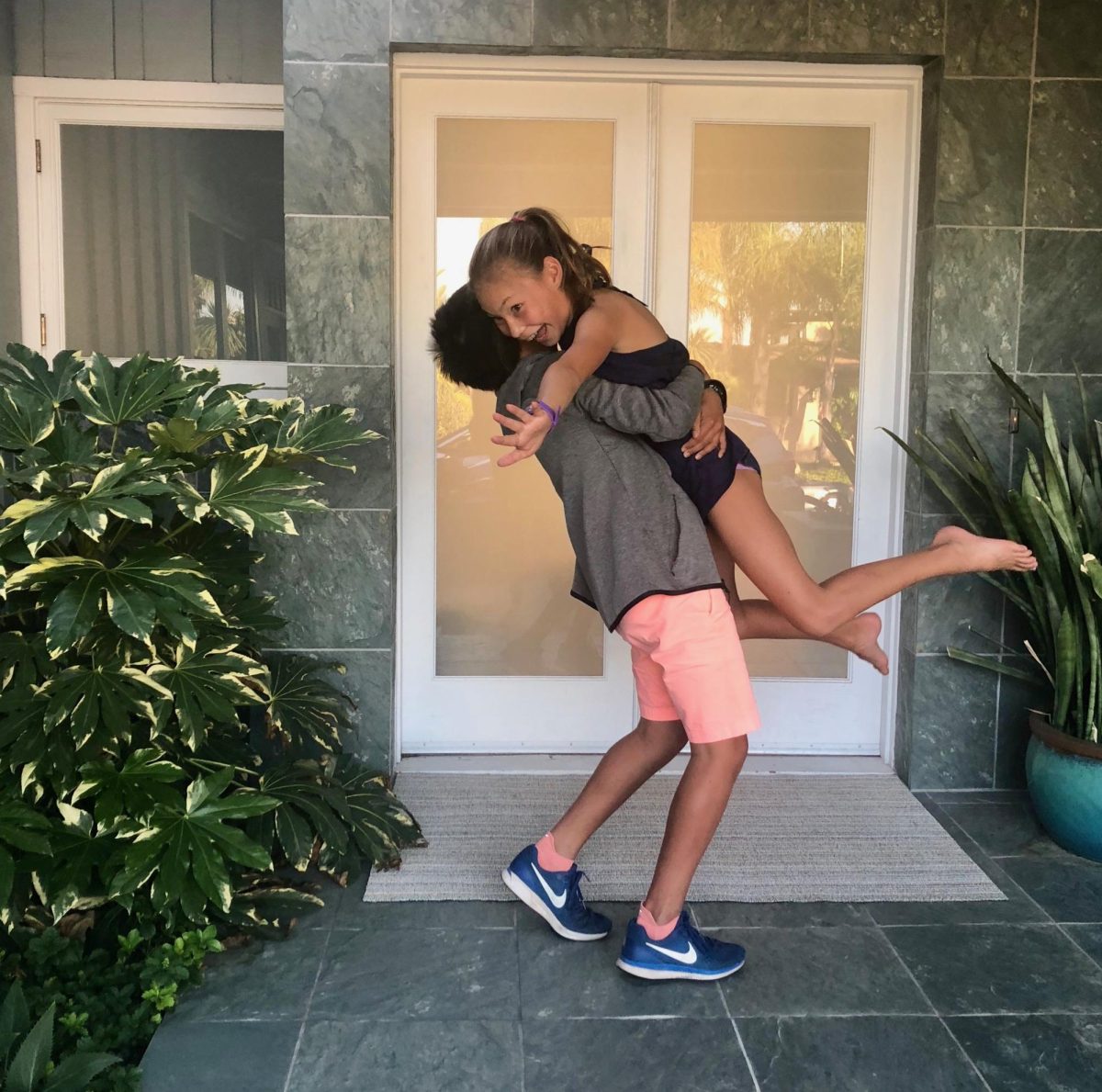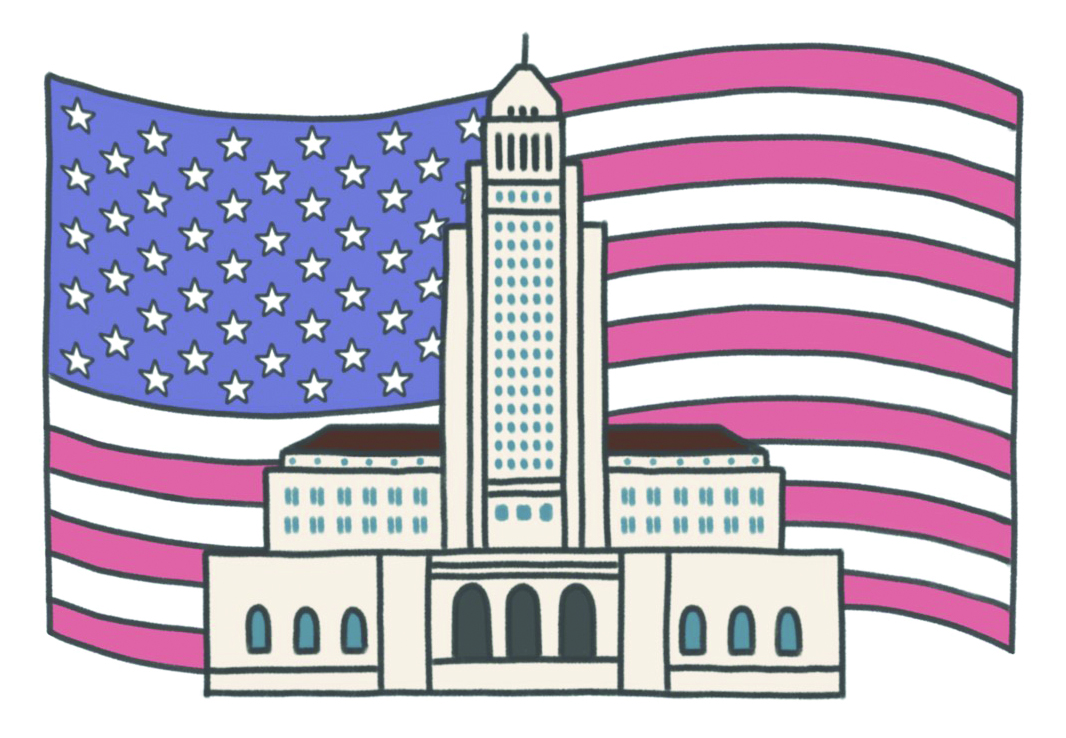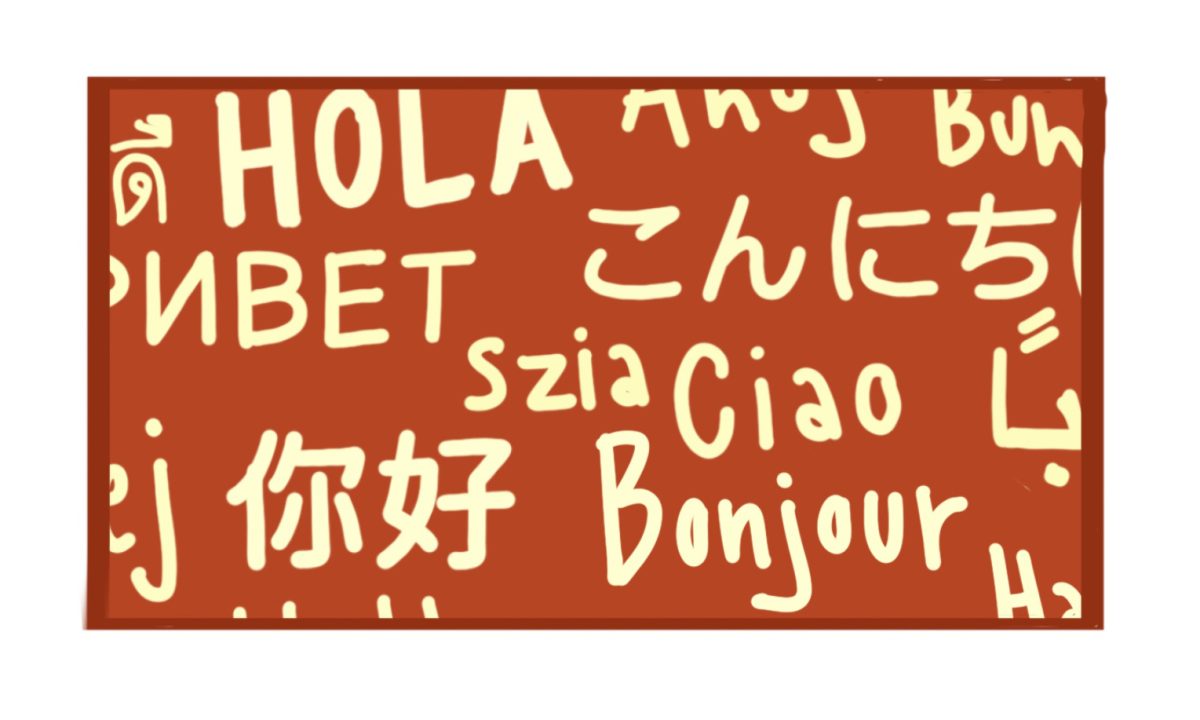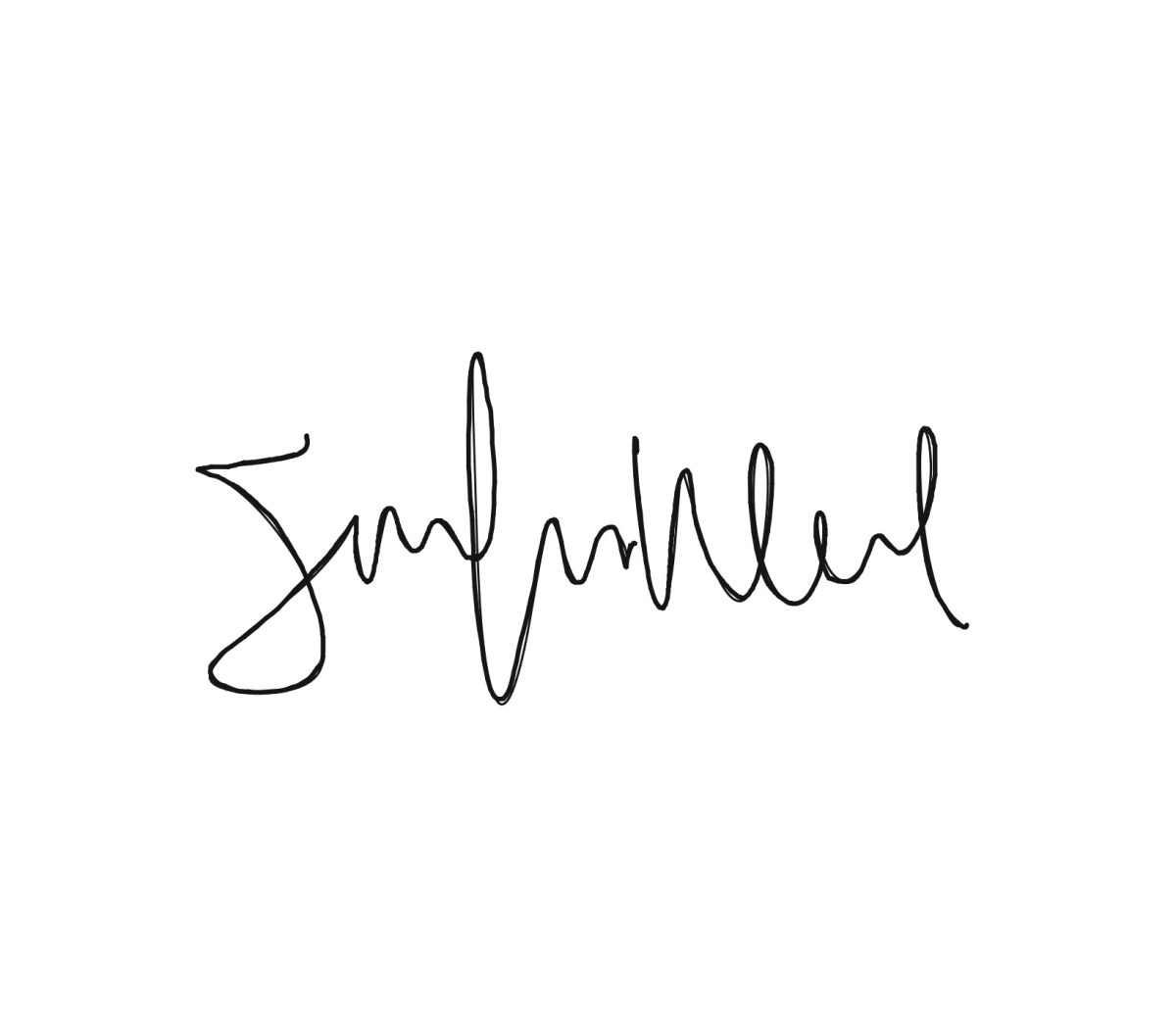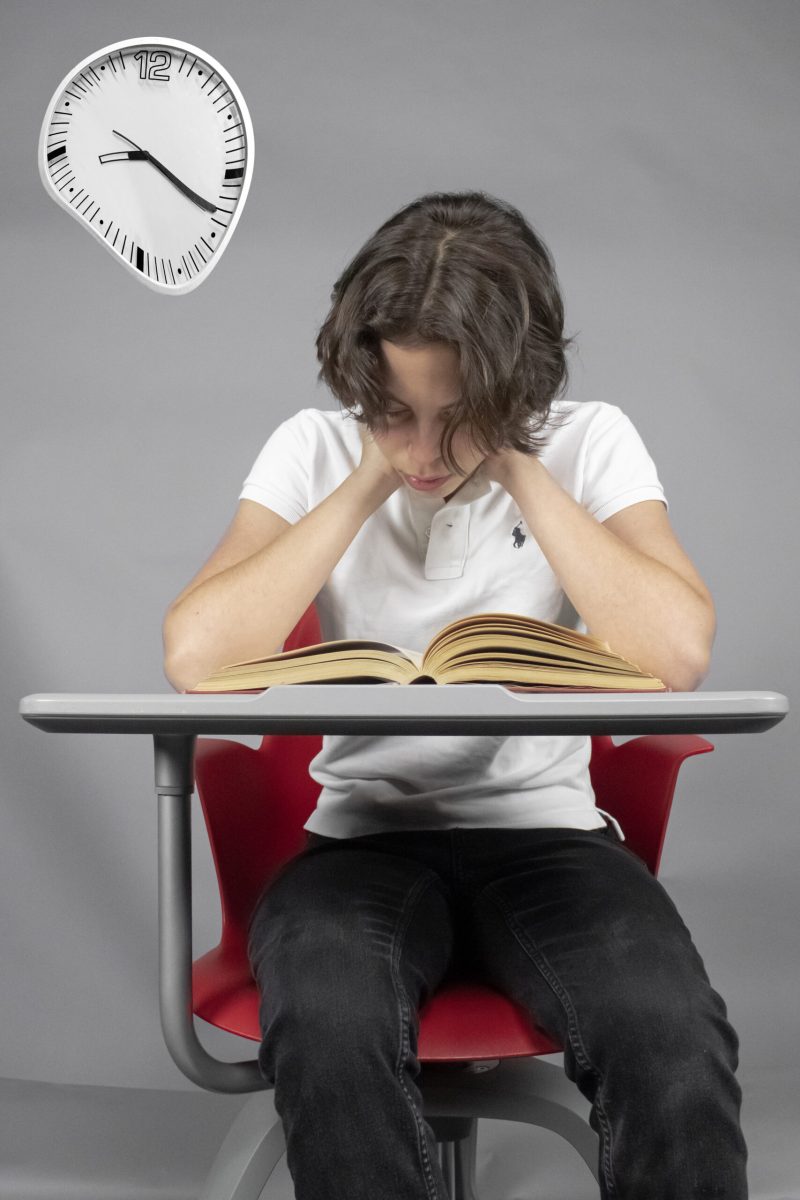Violet ’24
I wear my well-fitting N95 mask indoors for primarily selfish reasons: Not only have I spent two COVID-19 infected weeks feeling like a melon baller scraped away my lungs, I am three years into a post-viral syndrome that (though it has left my immune system thankfully intact) still floods my body with histamines every 24 hours. Sure, scientific evidence warns against the compounding long-term effects of COVID infection and reinfection, but have you been unable to taste chocolate or seen the pictures of the hives I had in 8th grade? I am lucky to live in a community where my choice to mask is respected. But I am going to ask a taboo question: Within the Marlborough community, what happened to the mask mandate, weekly testing and up-to-date vaccine requirement? And are we really abiding by our core values if we address a community-level risk by retreating to the doctrine of individual choice?

I believe strongly in the importance of bodily autonomy from hair dye to health care. But in response to a disease whose spread increases exponentially with every new infection, fully exercising bodily autonomy depends on our greater community. To offer a different public health example – I could never walk onto campus smoking a cigarette with the excuse that I chose to risk my health by smoking, while my peers were free to choose otherwise, for two reasons. Firstly, our school setting obliges adults to protect adolescents from the long-term risks, like lung cancer or long COVID, that our adolescent brains are wired to underestimate, especially when the responsible choice to smoke or to go maskless is the popular one among our peers. Secondly, secondhand smoke poses serious health consequences to people who do not consent to smoke exposure. In both cases, anyone’s thoughtlessness increases the risk that they expose others to illness. One-way masking is better than nothing, but even a KN95 mask can only filter out 95% of the particles we encounter. If others are also masking, fewer respiratory droplets can enter the air, so that crucial 5% contains proportionally less particulate matter that makes us sick.
Though we are back to “normal” campus life, we can’t leave prioritizing the collective in March 2020. Even as a young and nondisabled person, I dispute the idea that I face zero risk. But the Marlborough community also includes students and staculty with invisible disabilities that weaken their immune systems. I’m willing to bet that many more of us – including anyone whose family includes a baby or an elderly person, as mine did when my grandfather stayed in LA for cancer treatment – go home to similarly vulnerable family members. Furthermore, for many members of our highly class-stratified community, missing days of work and risking the need for intensive medical care could be financially and medically ruinous. Now, will you ever know for sure that you caused or prevented another person’s COVID infection? That’s unlikely, but you have a choice between minimizing and increasing the chance of causing harm. If one denies any individual responsibility on the grounds that “COVID is everywhere,” that sentence becomes a self-fulfilling prophecy.
The desire to return all the way to “normal” by remaining unmasked keeps public spaces inaccessible, preventing disabled and immunocompromised people, elders, caregivers and their loved ones from getting anywhere close to “normal” and reinforcing the message that “the world” has left them behind. To combat this, Marlborough must foreground equity by requiring proof that everyone on campus has received the bivalent COVID booster and most recent flu shot, returning to weekly tests and ramping up mask requirements.
The idea that any person is solely responsible for their own health ignores the extent to which humans depend on community. It’s a capitalist myth designed to offload responsibility onto individuals’ choices and away from the systems with which they interact. As an institution, Marlborough has the power to affirm our duty to care for each other; in the meantime, as individuals, we have the opportunity to wear our commitment to that duty on our faces.

